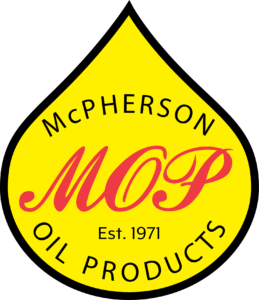While working with hydraulic systems, it is important to understand its anatomy in and out. Careless usage of a hydraulic machine can shorten down its potential life drastically.
Reasons for a shorter life span
 The most common reason for the deterioration of a hydraulic system is hydraulic fluid contamination. Inadequate efforts at removing contaminants from fluid or avoiding the replacement of hydraulic fluid until a severe fluid breakdown occurs can be the reason for the poor performance of the system over a period of time. Most often the contaminants enter the system in the form of dust with metal or rubber besides, entrapped water and air too contaminate the fluid. In order to maintain clean and clear hydraulic fluid, it is wise to inspect the fluid samples regularly.
The most common reason for the deterioration of a hydraulic system is hydraulic fluid contamination. Inadequate efforts at removing contaminants from fluid or avoiding the replacement of hydraulic fluid until a severe fluid breakdown occurs can be the reason for the poor performance of the system over a period of time. Most often the contaminants enter the system in the form of dust with metal or rubber besides, entrapped water and air too contaminate the fluid. In order to maintain clean and clear hydraulic fluid, it is wise to inspect the fluid samples regularly.
Fluid contamination can also be called “additive deterioration” as additives are the key source that provides the oil with certain specific characteristics. Since these additives are more vulnerable to chemical and physical changes, their deterioration can result in a fluid breakdown. Fluid deterioration often occurs due to high temperatures hence, it is advised to keep the fluid operating temperatures well below 60 degrees Celsius (140 degrees Fahrenheit). Nowadays most of the hydraulic power units are laced with heat changers, temperature controls, and over-temperature.
Solutions to elongate the life span
The life of a hydraulic system can be maximized to the fullest by keeping a regular check over the clarity of hydraulic fluid. The two major things which need to be looked after are fluid contaminants and the chemical composition of the fluid.
The best way to inspect fluid is by sampling the fluid first and then analyze it. It gives a fair amount of idea as to whether the fluids or filters need to be replaced or not. Such analysis can also help in determining the exact viscosity of the fluid as well as detecting the contaminants in it like water or other foreign particles. Besides, it can also prove helpful in calculating the chemical composition of the fluid to know whether it can still be used further or not.
A thoughtful evaluation of contaminants and their source within the hydraulic system is extremely important to avoid them in the future as well as elongate the working life of a hydraulic system to the utmost.
